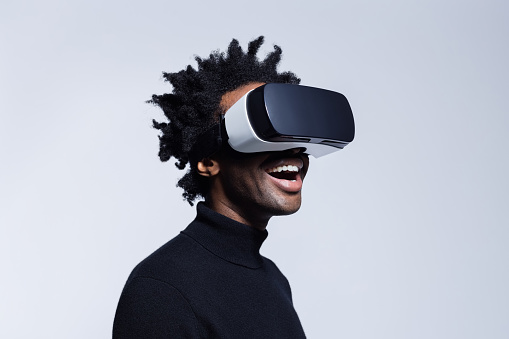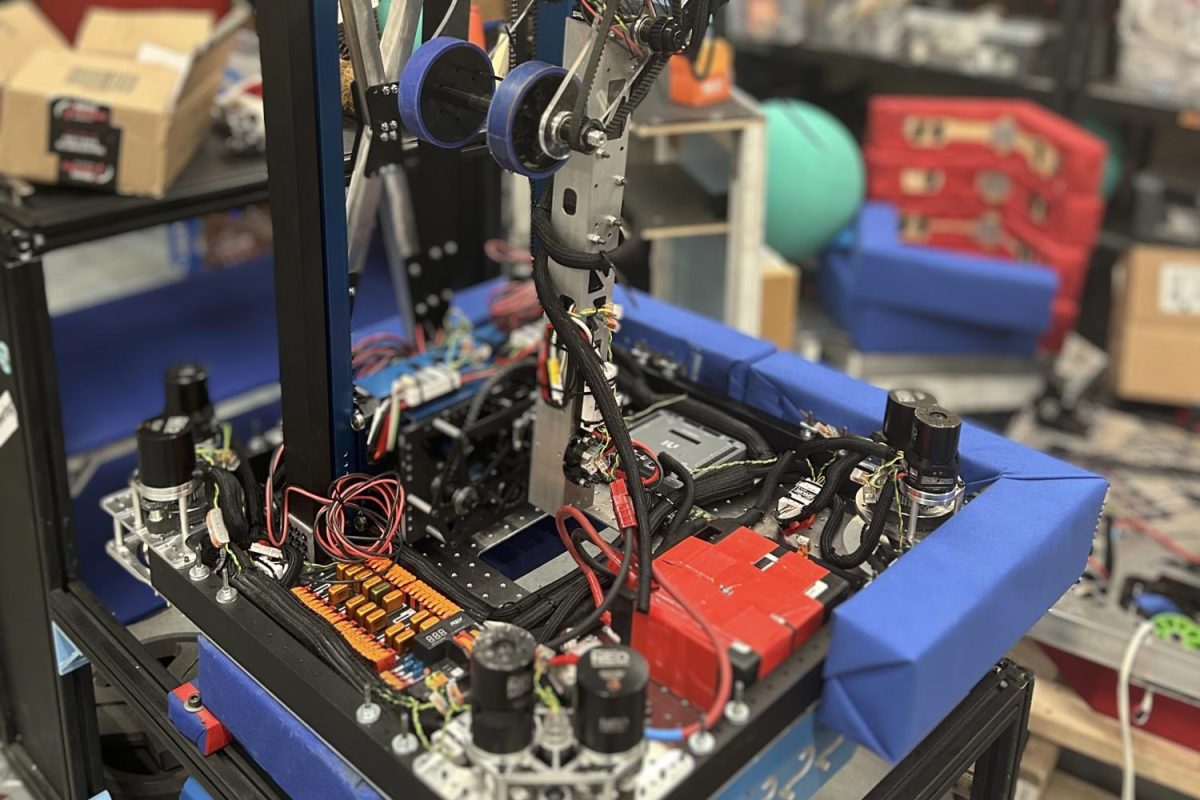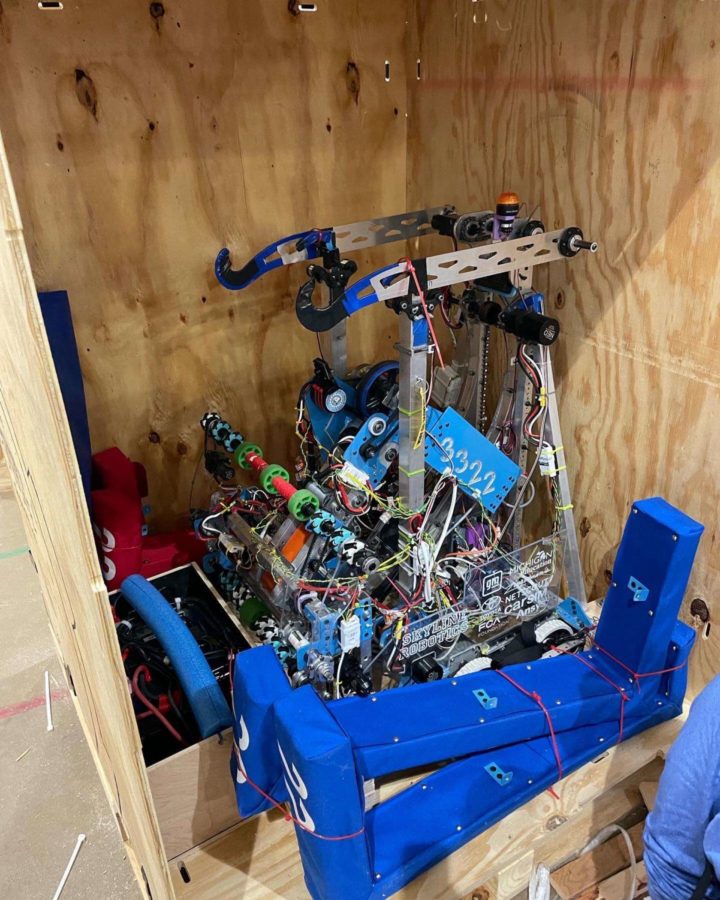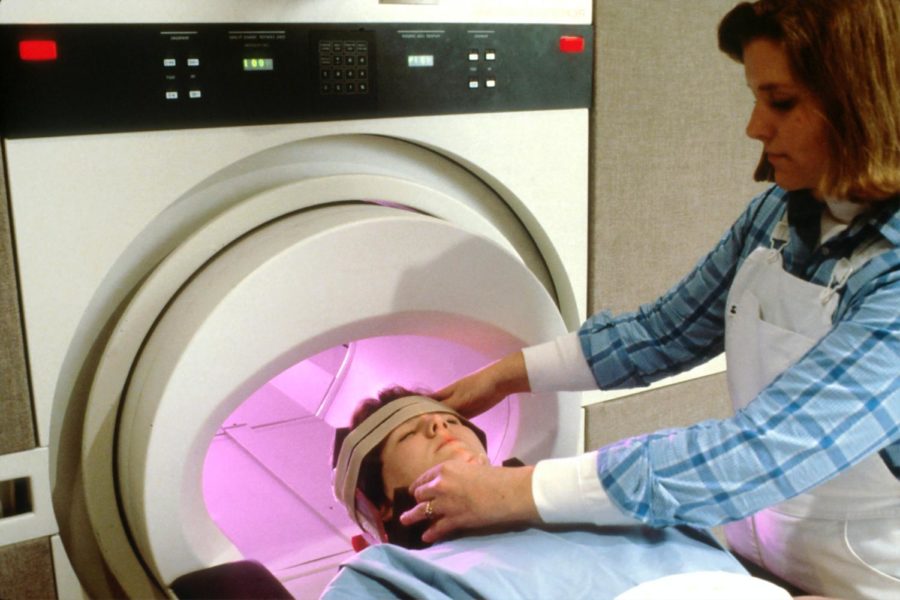
In late October 2021, Mark Zuckerberg, chief executive of Facebook, announced that “the company is going to rebrand itself as Meta and change the way we operate.” Meta is the parent company of Facebook and its other subsidiaries. In simple terms, the Metaverse is a network composed of 3D virtual worlds that integrates with the real world.
What makes the Metaverse special is that it will be a digital world where everyone can come to work, play, and have fun. Facebook wanted to create this environment, hoping it would be the next big thing. It will be a virtual world that will be similar.
The Virtual Reality (VR) industry has been significantly growing over the past few years. According to Business Wire (March 2022), “The Market is expected to witness a CAGR (Compound Annual Growth Rate) of 39.4% over the forecast period, owing to increased demand from end-use industries,”.
In the past, the Metaverse has been mainly associated with Virtual Reality (VR) video games. Companies such as Sony and Microsoft created VR systems that allowed users to interact with games in a 3D environment.
The Metaverse is an evolving concept, but in a few years, it will be a part of everyone’s daily, life including school children. According to the website Make an App, “Technology is the future of education.” One way that students will be a part of this is by using VR headsets to interact and communicate with people around the world in a virtual setting. Make an App predicts the Metaverse will change the classroom through arts and creativity: “Many artists and creative professionals can create unique content for the three-dimensional virtual worlds.” This can allow students to experience world art in a different way.
The Metaverse uses the Blockchain, a technology that can save students’ work on a private server. This allows all work to remain digital without getting lost or stolen, potentially reducing the amount of paper we consume.
Many schools, including Skyline, now issue technology to students as a way for students to learn digitally. This has been helpful, especially during the pandemic when schools were shut down. Many teachers are using the internet to teach students concepts that work well with this style, but there will also be some challenges. Skyline’s lead design teacher Charles Centivany commented, “One of the drawbacks of virtual learning is that teachers had to repackage all their material for zoom and Schoology. This would make it a lot more difficult for the metaverse as teachers have to get accustomed to the program and there can also be some issues with the technology, etc. But in the end it may be a really cool idea,”. For education, only time will tell.



